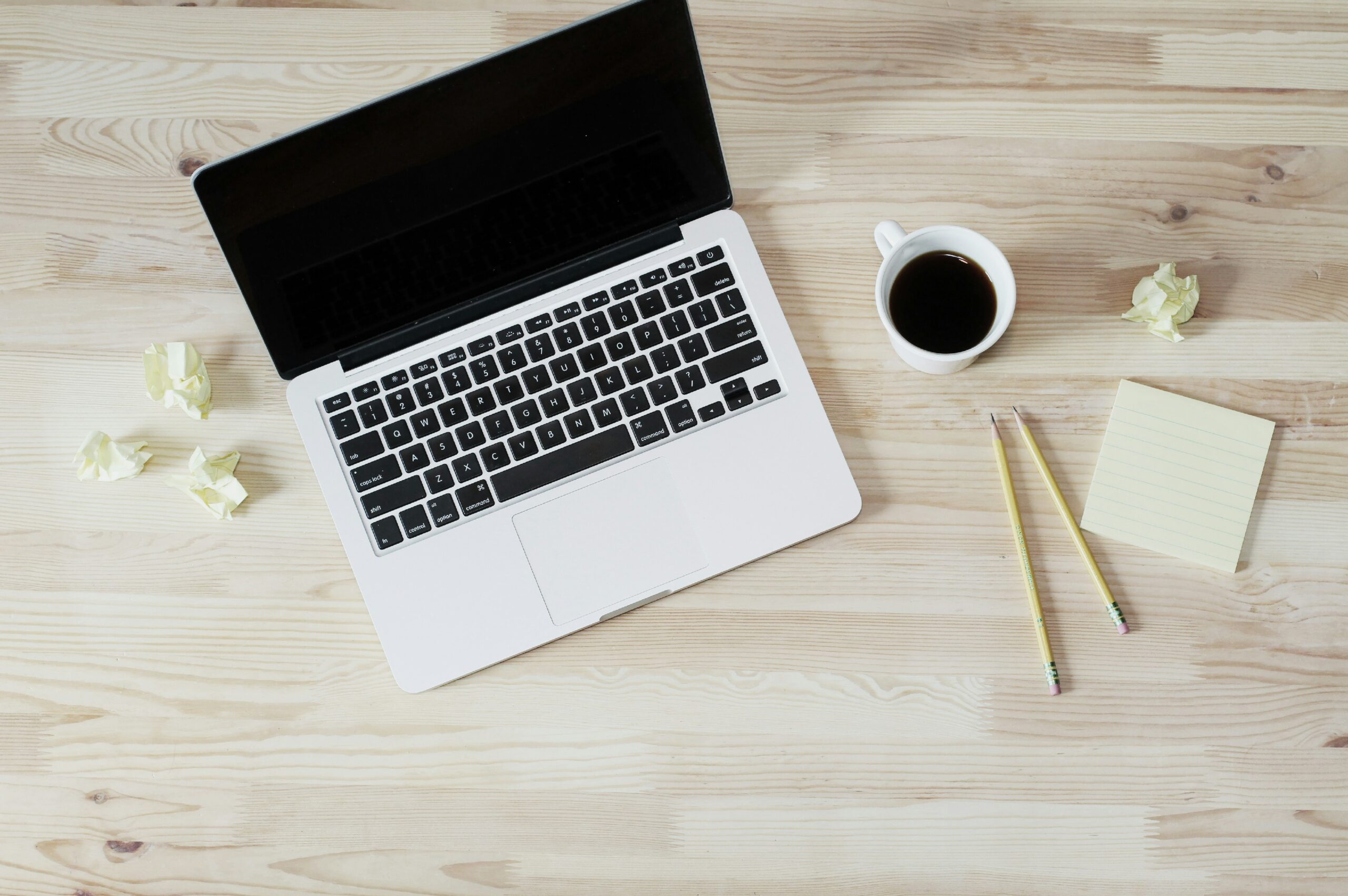Last week Storm Éowyn was announced with much fanfare; red warnings from Met Éireann foreshadowed the obvious conclusion that we would be packaged up and sent home for the day. At first College was closed down until 2pm. Then, the rest of the day was inevitably written off. But unlike the vague memories from my childhood, where a freak weather accident would provide a spontaneous day off, most of us were transported back to the Covid nightmare of “remote learning”.
It was a rude reminder of the horrors that we were made to sit through – switched off cameras as people doze off in their beds, pitiful silences as a teacher tried an umpteenth interactive exercise, runaway kids interrupting lessons, awkward reminders that “you’re muted,” or indeed the grim time or two where someone wasn’t. Looking back, it’s hard to see how anyone could view this as a success; most of us would rather just forget it ever happened. But the lockdowns have left a legacy, and inexplicably the Zoom call is the triumphant saviour.
Not only are online business meetings saving company CO2 emissions, but we will also never again have to take a day off. In the US they mourn the loss of snow days, while we can feel nostalgic about wind and rain rushing at the windows while we curl up in blankets on the couch with a film or a book, and hold our breaths in anticipation of power outages or news of fallen trees. And it’s worth feeling nostalgic about – there was a time in living memory when we understood that technology, while brilliant, can’t solve all our problems.
But the “snow day” is not just a beautiful spontaneous day off that can be sacrificed for the worthy cause of increased productivity; it also has a sound internal logic, and recognises that humans are more than their work. It understands the limits of the home – some people may live in mansions with home offices and proper sound isolation, but most do not, and the competing sound of multiple Zoom lectures at once gets old fast. Teachers may have young kids who can’t – or at least really shouldn’t – be left to their own devices (get it?) for the whole day.
In other areas too, the Covid era has left its mark. When we are sick, we all feel the tingling need to reschedule a meeting as a Zoom call, because while we might not be fit to haul ourselves to campus, we can surely roll out of our beds and hop on a call. We are always expected to be available – sometimes by teachers, but mostly by our own commitment to never being a nuisance which has free rein in this digital age – when we should be nursing our January colds with some Lemsip and a blanket before playing academic catch-up all of February.
This has broader implications. When we are never really off, we are also never really on. Professors are reporting lower engagement and dwindling attendance: clearly the 21st century student has not recovered from the impersonal and disengaged Covid era. We’re beginning to introduce strange middle categories: there’s now a kind of half-sickness, that would have in the past either been indulged and stayed in bed or powered through, that now simply moves our life online.
An Irish Times article lamented that remote learning hadn’t been suggested by the Department of Education, arguing that with the increase in extreme weather predictions due to climate change, “safety always has to come first.” But the real lesson from Covid was in fact the opposite: it was really bad and we all went a bit mad. From runaway inflation and widespread acceptance of creeping authoritarianism to growing social inequalities and serious concerns about child development, there really was no area of society left untouched. The lesson is loud and clear – safety should not always come first.
“Remote learning” may seem like an easy fix for us digital natives, but its widespread adoption violates the human spirit and sucks the joy out of life. It is bad for both teachers and students, who have to contend with a warped digital “business as usual” even when our lives are in practice turned upside down, and the tyrannical spectre of the Zoom call leaves an open door for overzealous administrators or indeed for ourselves to power through our physical and mental ailments when we should be in bed. When a freak weather accident next occurs, we should use it as an occasion to definitively reject the warped logic of the Covid era, and start demanding back our glorious weather-inflicted spontaneous days off.







